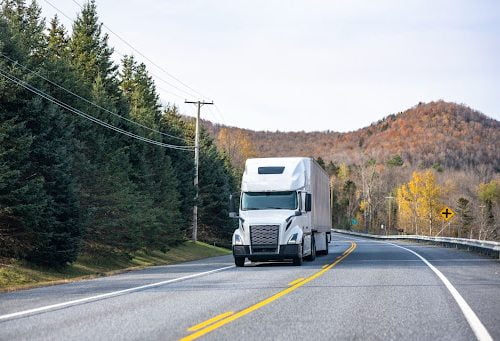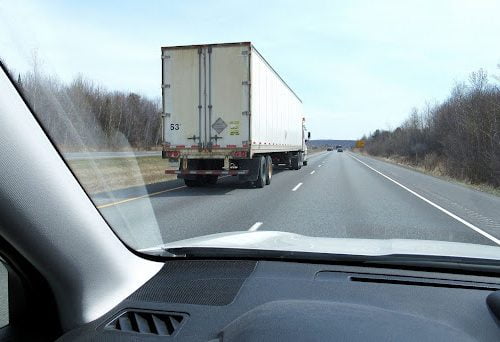Liability issues can become complicated if you are driving a commercial vehicle while involved in a car accident. In many occasions, the employer will bear the brunt of most of the legal liability in these types of situations. This is because the accident occurred while you were acting on behalf of the employer. If on the other hand, you were driving the employer’s vehicle for personal reasons, liability may look very different. Commercial truck accidents are by far the most common circumstance that employer liability may arise.
When Is the Employee Liable?
The employee will often be liable or legally responsible when they have violated some type of employer policy in driving the vehicle. For example, if the employee was involved in an accident because he or she was drunk, the company will likely not take full responsibility. If the employee is using the vehicle for personal reasons, liability may not extend to the business. In addition, the employer may also be liable if the employee intentionally harms someone with the commercial vehicle. In the majority of situations, however, the employer will be at least partially responsible in a legal sense.
As an individual driving a commercial vehicle, you may not have any personal liability at all. However, that does not mean that you should drive carelessly. Ensuring that you are acting reasonably based on the circumstances will help you avoid individual liability.
When Is the Employer Liable?
The employer will be liable based on three circumstances. The third situation is often the most common, which means that the employer may not have done anything wrong, and would still be responsible.
- Employer Negligence
Employers have a duty to hire employees that are competent and can do their job properly. If, for example, an employer hires someone who will be driving a commercial vehicle as part of their job, but that person does not have a valid driver’s license, the business will likely be considered negligent. This is often referred to as “negligent hiring.”
The employer has a duty to make sure that the employee will be a safe driver, and making sure that the employee has a driver’s license with no bars or restrictions is usually a part of that duty. Using drug testing and conducting background checks can also be helpful to avoid situations that involve negligent hiring.
- Negligent Supervision
The employer also has an obligation to oversee employees and ensure that they are performing their job safely and in a way that will not harm other people. In the commercial truck context, this often means that employers should ensure that their drivers are complying with safety policies as well as federal and local laws. This includes things like driving under the speed limit, following weight restrictions for loads and complying with regulations that restrict the number of hours an employee can drive.
- Vicarious Liability
The employer can still be liable even when it has performed all of its duties satisfactorily. Under the doctrine of vicarious liability, the employee is the agent of the employer. When an agent acts on behalf of the principal (the employer), then it is just like the principal is acting. That means that when an employee gets in a commercial truck accident, it is really like the employer was involved in the crash.
Commercial trucking accidents can be complicated. Talk to an attorney to determine your legal rights. Contact Jim Glaser Law today at 781-689-2277 or fill out our online form to request a free case evaluation.














